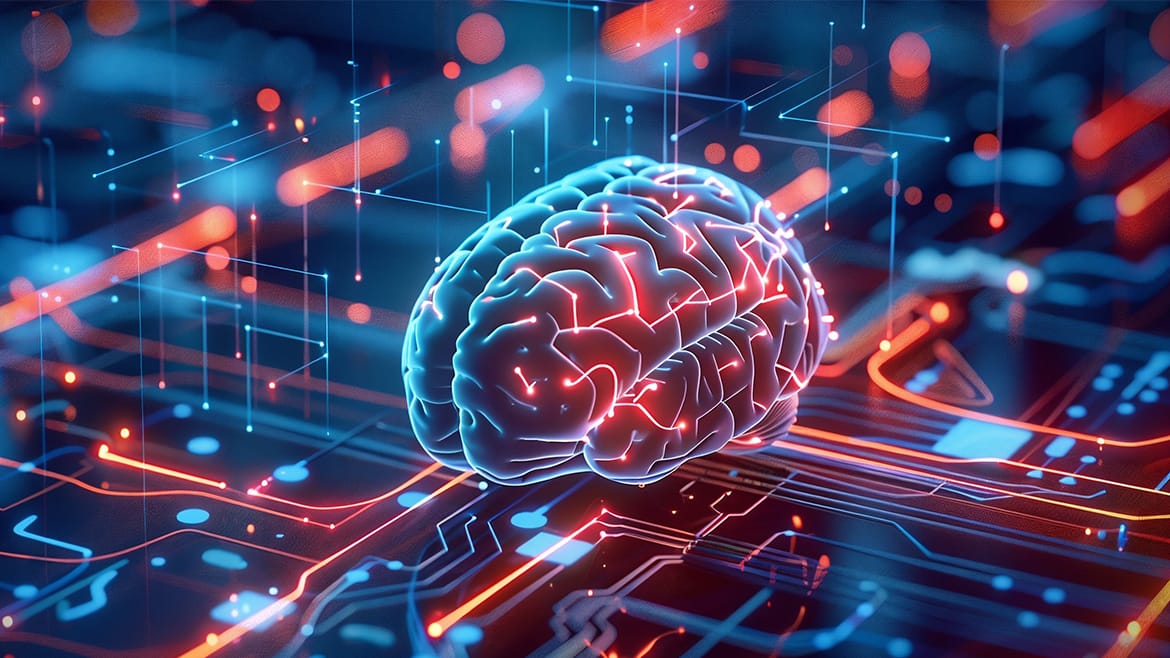The field of neurotechnology, which involves the study and manipulation of the nervous system, is witnessing unprecedented growth. Brain-computer interfaces (BCIs), a subset of neurotechnology, are at the forefront of this revolution. These devices can decode brain signals and translate them into actions, opening up exciting possibilities in healthcare, gaming, and even human augmentation.
Recent Breakthroughs:
- Neuralink’s Advancements: Elon Musk’s Neuralink has made significant strides in developing implantable BCIs. Its latest device, designed to treat neurological conditions like paralysis, has shown promising results in clinical trials.
- Non-invasive BCIs: Researchers are exploring non-invasive BCIs that use external sensors to capture brain activity. These devices have potential applications in rehabilitation, gaming, and even education.
- Ethical Considerations: As neurotechnology becomes more sophisticated, ethical questions arise. Concerns about privacy, consent, and the potential for misuse of these technologies need to be addressed.
Potential Applications:
- Healthcare: BCIs could revolutionize the treatment of neurological disorders such as Parkinson’s disease, stroke, and spinal cord injuries. They could also aid in prosthetics, allowing amputees to control artificial limbs with their minds.
- Gaming and Entertainment: BCIs could enhance gaming experiences, enabling players to control characters or environments using their thoughts.
- Education: Neurofeedback techniques, which use BCIs to monitor brain activity and provide real-time feedback, could help improve learning and concentration.
Challenges and Future Directions:
- Technical Hurdles: Developing reliable and safe BCIs remains a significant challenge. Issues such as signal noise, power consumption, and long-term biocompatibility need to be addressed.
- Ethical Implications: Ensuring ethical use of BCIs is crucial. Guidelines and regulations are needed to protect individual privacy and prevent misuse.
- Interdisciplinary Collaboration: The development of neurotechnology requires collaboration between scientists, engineers, clinicians, and ethicists.
As research in neurotechnology advances rapidly, we are on the cusp of revolutionary breakthroughs. Brain-computer interfaces, for instance, hold the promise of profoundly impacting various aspects of our lives. These technologies could transform healthcare by providing new methods for treating neurological conditions and enhancing human capabilities in ways previously thought impossible.


